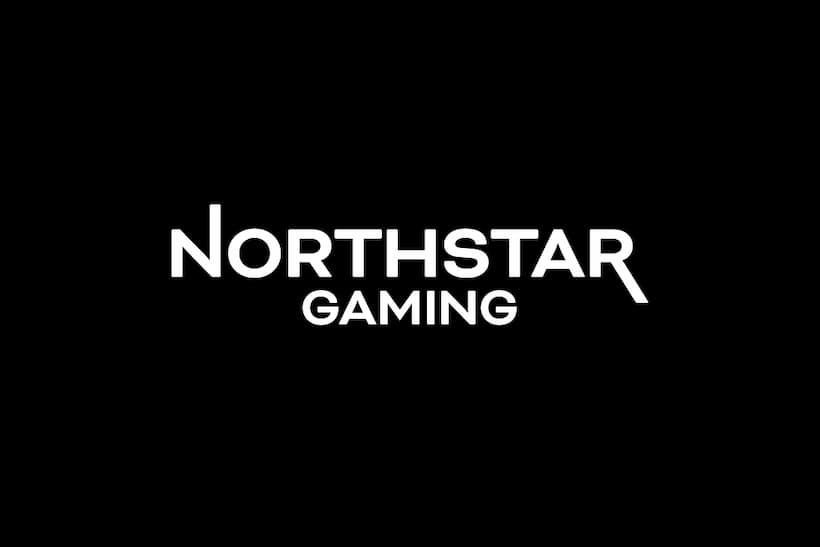Approximately 75 percent of problem gamblers managed to quit after receiving in-patient treatment at the Centre for Problem Gambling and Digital Dependency at Hôtel-Dieu Grace Healthcare in Windsor, a program established in 1994 when the border city was granted the first casino in Ontario.
Problem gamblers abstain from gambling after joining program at the Centre for Problem Gambling and Digital Dependency at Hôtel-Dieu Grace Healthcare
According to Kelly Grant of The Globe and Mail, the outpatient program at Hôtel-Dieu Grace treated 119 patients in 2023-24, 87 of them male and four of them 17 or younger.
The total is up from 93, 70, 37, and 85 in the four previous years. The in-patient program works with five to six clients at a time for three-week cycles.
In each of the past two fiscal years, the program treated 57 patients, up from 41 and 40 in the worst years of the COVID-19 pandemic.
In 2019-20, the last year before the pandemic, the in-patient program treated 85 clients and typically had a waiting list. Each patient has his or her own simple bedroom for the three-week cycle.
Clients also have access to a kitchen and common room, per Grant.
Participants are required to take part in group therapy sessions. This includes preparing for Family Day, when relatives and friends confront participants about the harm their gambling inflicted on people they love.
Addictions to online casinos and sports betting are more common today, according to certified problem gambling counselor Diana Gabriele
Moreover, Diana Gabriele is a certified problem gambling counselor at the Centre for Problem Gambling and Digital Dependency. Over a decade ago, she said her clients were mostly addicted to slot machines and other games at casinos.
However, Gabriele noted that her clients today are more addicted to online casinos and sports betting. She added that some have even tried sneaking smartphones into the device-free recovery program.
“It’s a nightmare,” Gabriele told Grant. “With the merging of online activity with gambling activity, the lines have become so incredibly blurred. Online activities have become so normalized that people are not recognizing how incredibly detrimental it is.”
Fortunately, according to the program’s data, 75 percent of participants achieved success. At Hôtel-Dieu, clients are treated by providing one-on-one counselling and group therapy sessions.
During the program, counselors explain addiction theory and teach clients to set boundaries. They also communicate with their families and identify the emotional struggles that led bettors to gamble.
Additionally, counselors recommend that problem gamblers subscribe to services that block gambling websites on all devices with passwords held by friends or family.
An addiction is a treatable disease, according to the Centre for Problem Gambling and Digital Dependency. Seeking help is the first step in finding a cure.






